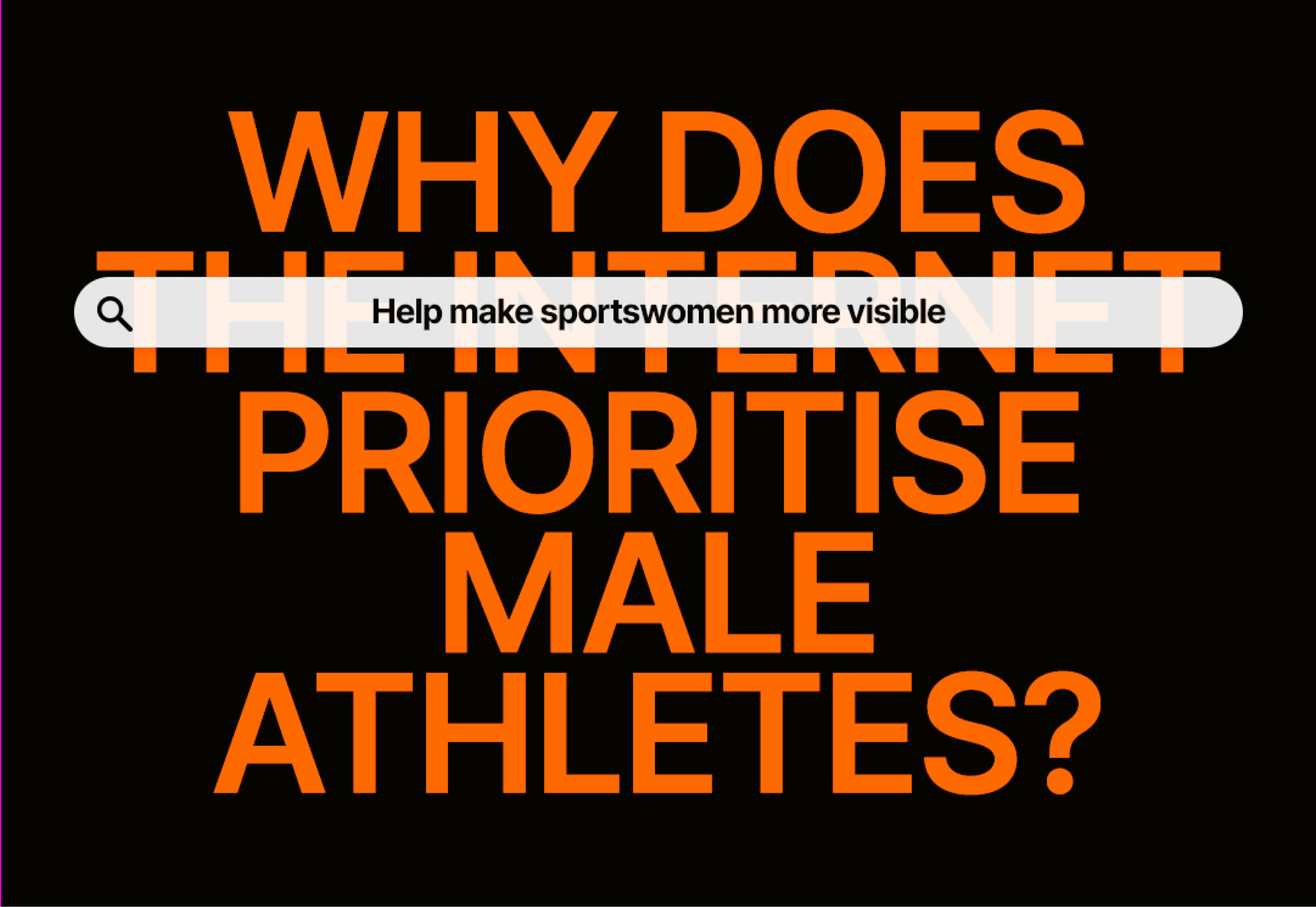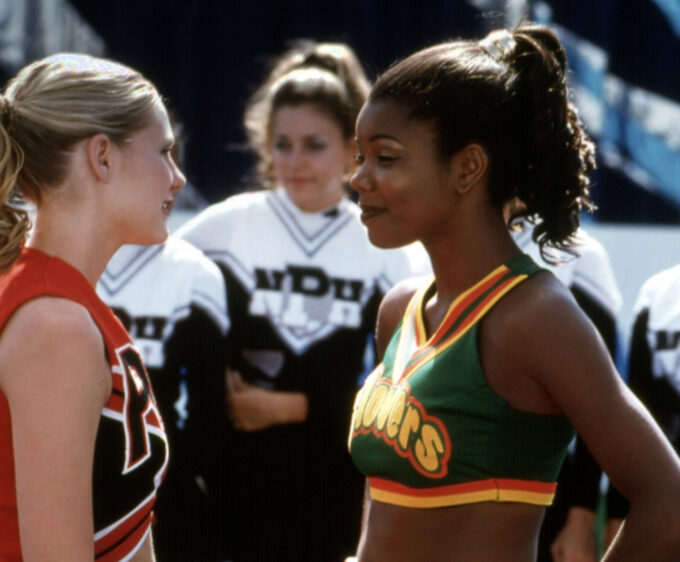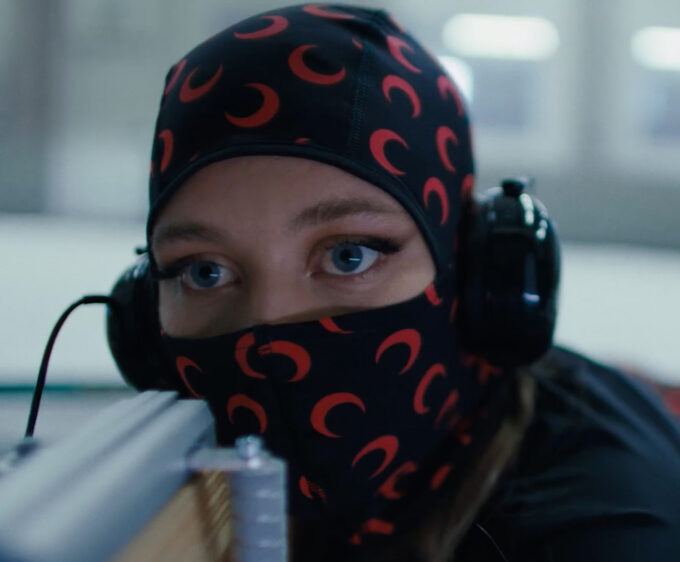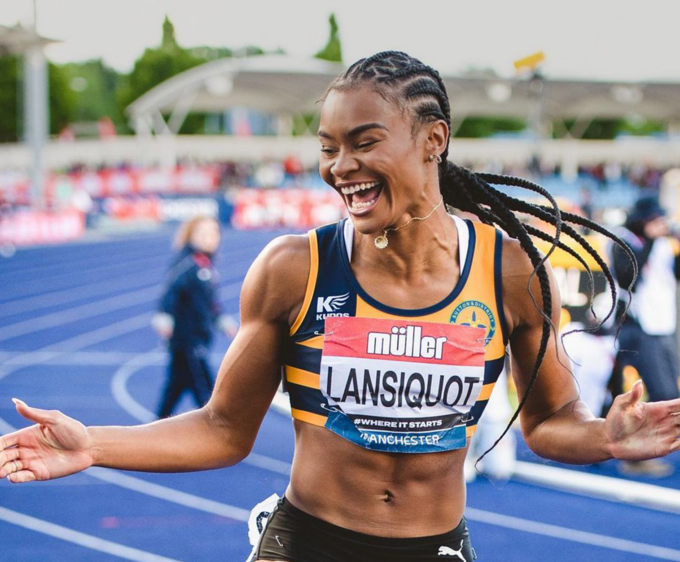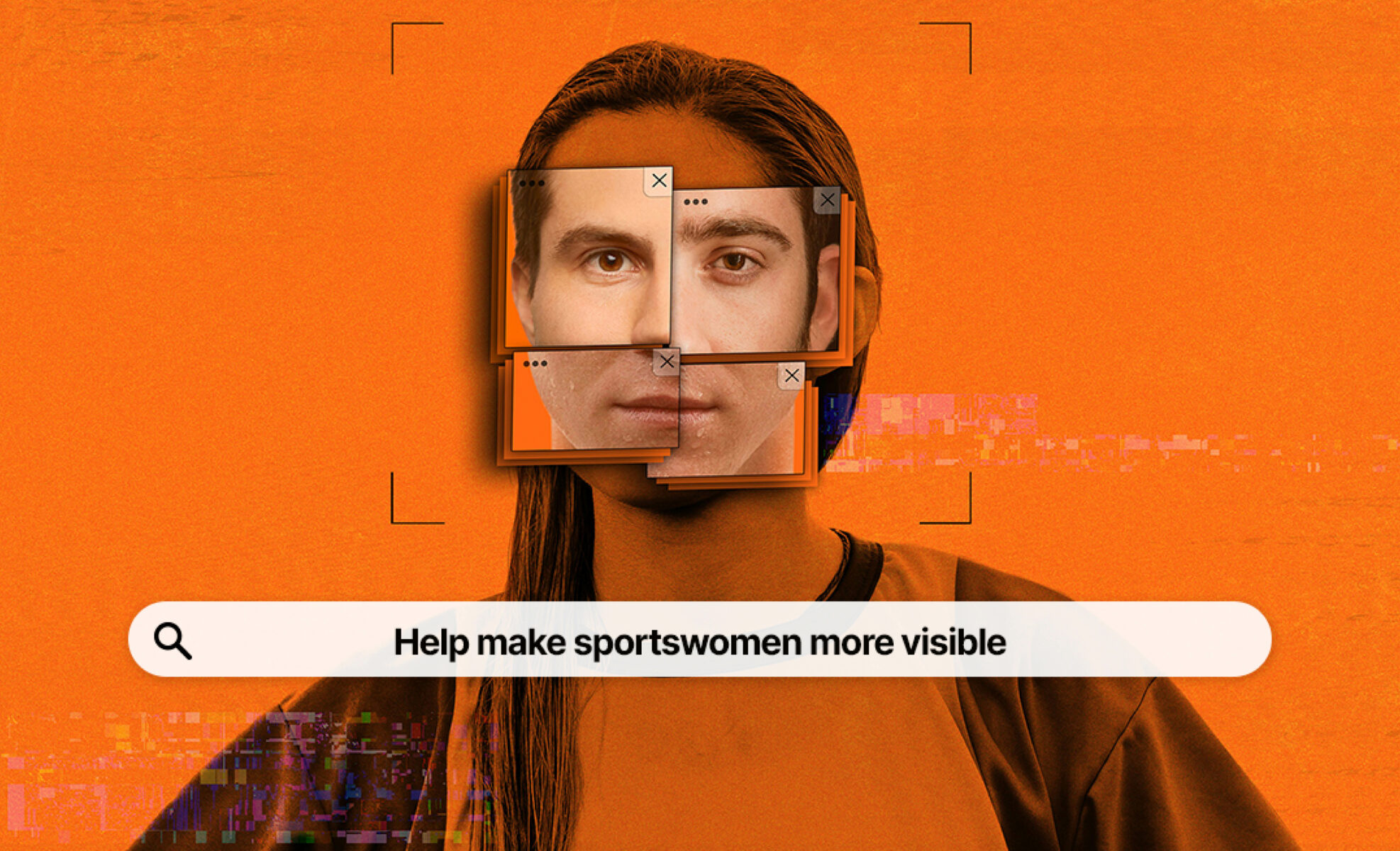
Tech: The Corrector
Do you trust the Internet when researching facts? Rebecca Sowden didn’t, due to the number of statistical inaccuracies that disadvantaged sportswomen, so she created Correct The Internet and now change is in progress
By Glorious
Aukland-based Rebecca Sowden was fed up of the inconsistency of searchable sporting facts on the Internet, with results favouring sportsmen, even when sportswomen have greater statistics. So, the former New Zealand Football Fern player, who is passionate about empowering the next generation of sportswomen, decided to take action and created a campaign called Correct The Internet, which aims to set the records straight. What began as a campaign earlier this year has quickly escalated into a movement, so we were keen to find out how stats are being corrected and where the movement is heading next.
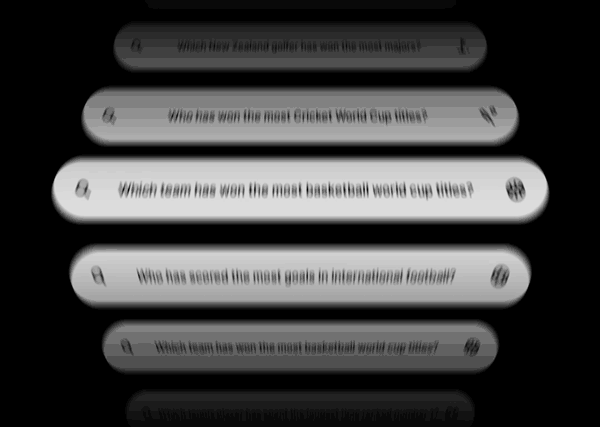
Glorious: When we say ‘Sports Tech” what do you think of?
Rebecca Sowden: Unfortunately my mind goes straight to imagery of ‘tech bros’. When you put two industries dominated by men being sports and technology together it means we unfortunately don’t see enough products designed for women’s sport
The internet is something that we depend on in our everyday lives, I know I Google all day everyday! And the next generation of childered get so much info and education from it. Why do you think search results are so skewed and male-centric? Do you think the landscape is truly changing? Do you think the people writing these articles and putting incorrect info out there are facing more challenges or pushback to get their facts correct? Is it simply lazy journalism that makes incorrect reporting or is it a lack of interest in women’s sports?
While it’s easy to blame the search engines and tech software, it’s actually us as people who have generated this problem. We have written our inherent bias into the internet and many other systems – The internet is simply serving us what it thinks we want to be served. Sadly a lot of it comes down to the historic systems that have existed around sports and how people for decades perceived sports as a ‘men’s thing’ or women’s sport as second-tier. This belief has been perpetuated throughout all areas of society and fuels itself i.e when a journalist looks for stats on sports they may incorrectly report men’s achievements thanks to incorrect search engine results, when our kids look up information for school projects on sports, they continue to see sportswomen as secondary and with the advancement of AI which pulls information from these same sources, we could see a situation that actually amplifies the issue. Add to that the fact that technology and sport’s industries (including sport editor roles) are dominated by men who may have a male-centric view or less interest in women’s sport and we’ve got a situation which is hard to combat.
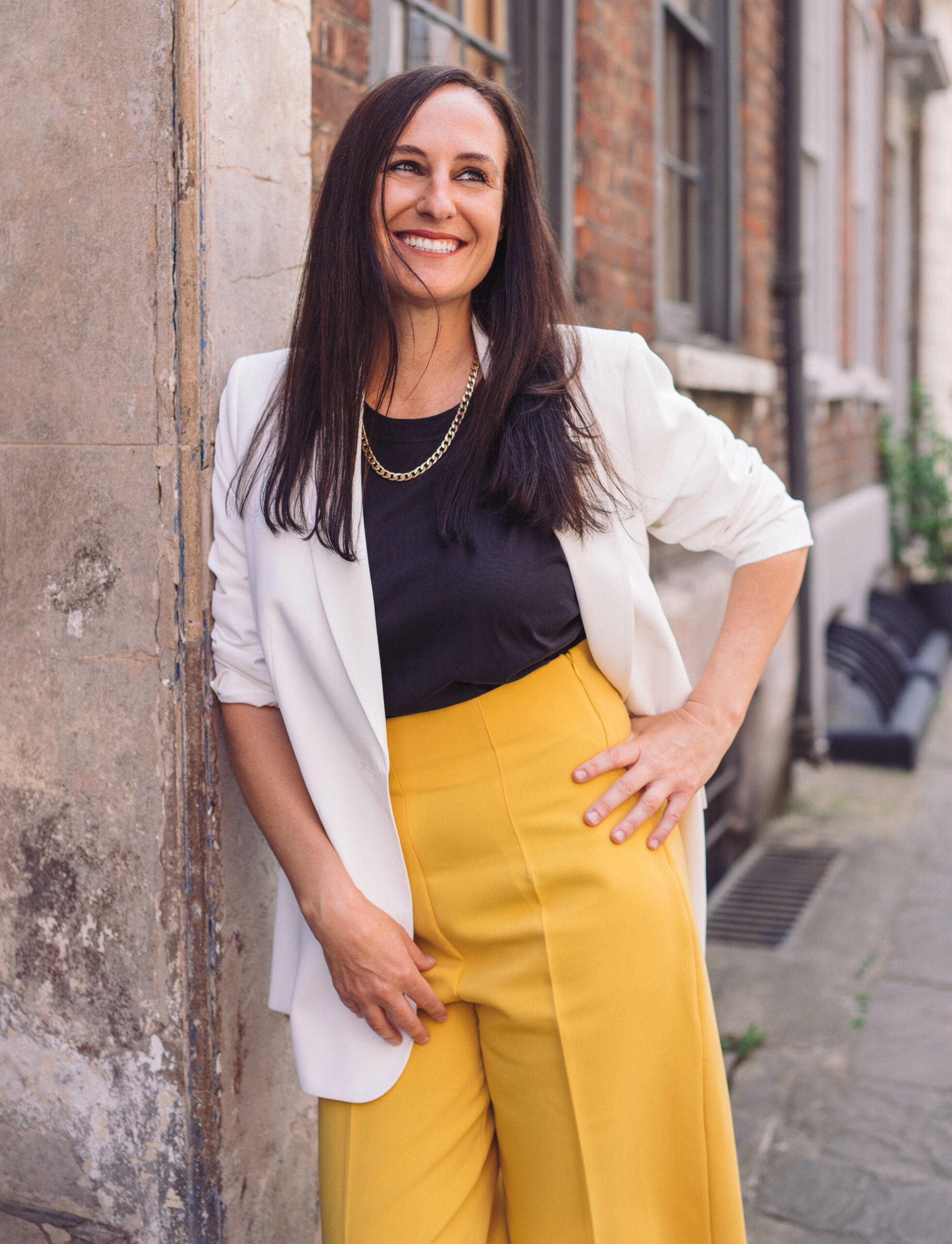
Glorious: What is your sporting background and have you always had an interest in technology? We are keen to hear about Team Heroine?
Rebecca Sowden: I’m a former New Zealand Football Fern and USA college player so sports has always played a key role in my life and I’ve been lucky enough to work in the industry with the likes of the Hong Kong Sevens, FIFA U-17 Women’s World Cup, Volvo Ocean Race but it was 4 years ago during the last FIFA Women’s World Cup when I become focused specifically on women’s sport. I saw the interest in the tournament with over 1 billion people watching, but there was still a lack of brands backing the women’s game and those that were, seemed like they were just doing a ‘token’ campaign or copy and paste job of their men’s sponsorships, so I created Team Heroine to help media, brands and right’s holders unlock the power of women’s sport.
I’ve always had an interest in technology, especially in how it has and is disrupting the media landscape. In 2015 I tried my hand in my own technology sports media start-up called HookedShot. With the sport’s conversation moving from the office water-cooler to a real-time digital ‘conversation’, HookedShot created a prototype that enabled fans to share their favourite live sport moments in real-time on social media with other fans and in turn driving more eyeballs and interest for media and sport organisations around their rights. Hookedshot won a spot in the inaugural Vodafone Start-up Accelerator and I learnt lots along the way but given the blurry lines that exist with social media rights I’m not sure sport’s organisations were quite ready to relinquish control of their media content. SInce then I’ve enjoyed collaborating with female founders like the team at Areto Labs which uses AI software to tackle online abuse against sportswomen. We joined forces to track the ‘social media hate’ that women’s footballers were receiving during the Women’s Euros last year….the results were alarming.
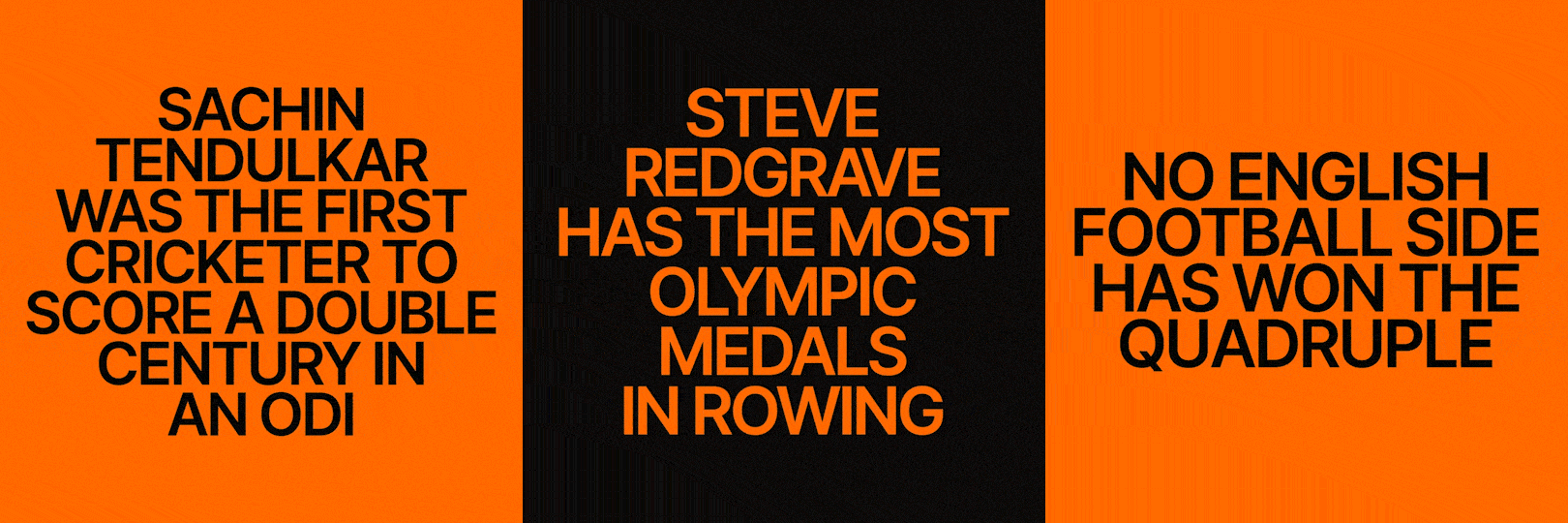
visibility
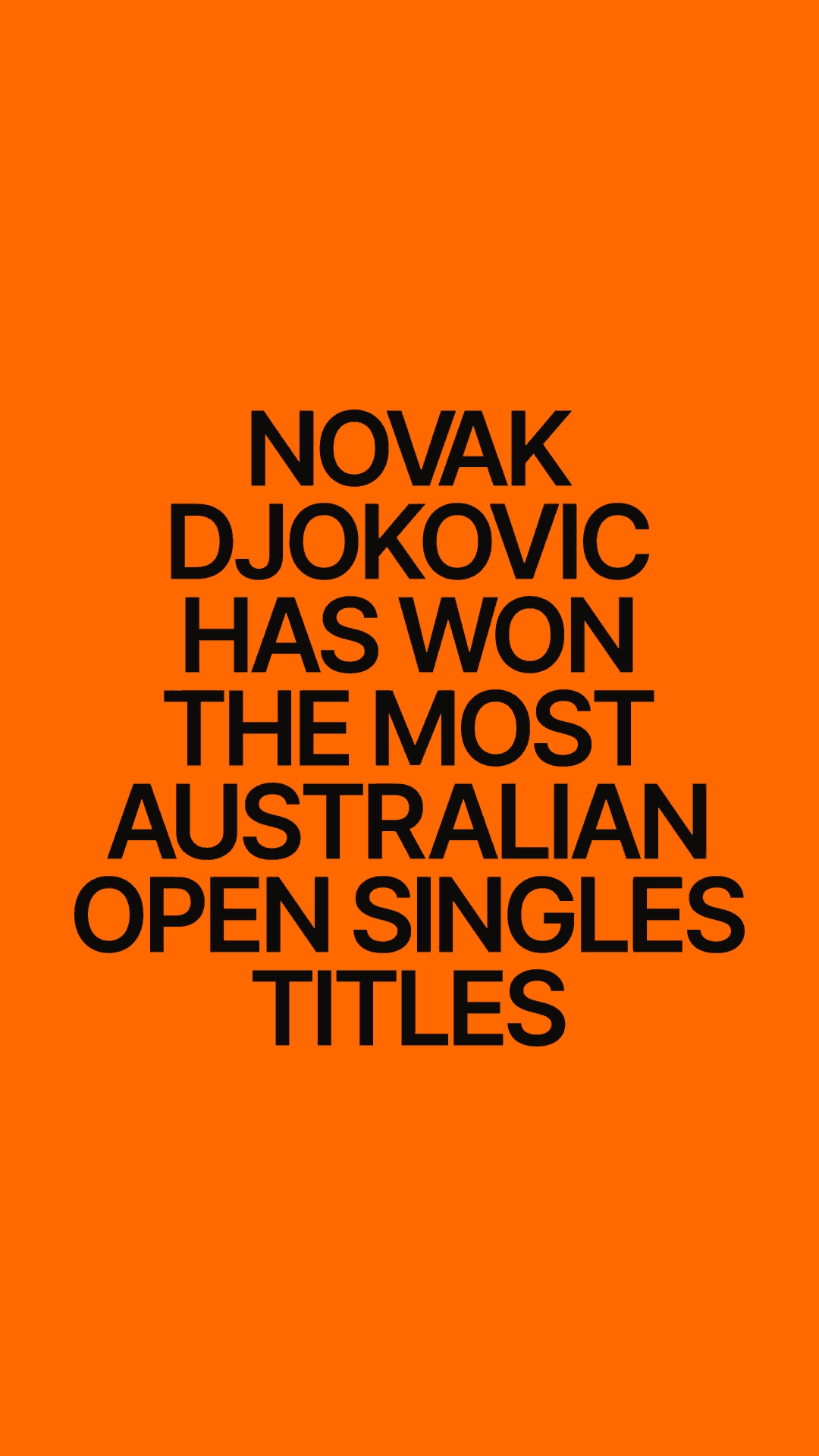
Glorious: What is Correct The Internet and what inspired you to create this campaign?
Rebecca Sowden: Correct The Internet is a social cause campaign to help increase the visibility of women’s sport on the internet by counting the gender bias that occurs against sportswomen in search engines. For example, if you were to search “Which footballer has scored the most international goals?”, the internet tells you it’s Christiano Ronaldo with 118, when the facts and stats actually say it’s Canadian women’s footballer, Christine Sinclair with 190 goals.
It was inspired by an everyday problem that women’s sports fans like myself encounter….I’d be searching for information about my favourite women’s sports, be it game schedules or stats on players and was getting information that defaulted to the men’s game. I wasn’t alone and others too had experienced a similar problem so in true women’s sport fashion, a collective group of like-minded people and partners came together to try to ‘Correct The Internet’. It’s become more of a movement rather than a campaign and evolving each day….For example, Correct The Internet is now a comprehensive School Resource for Educators and Parents which can be found here.

Glorious: We love the ad, and think it beautifully demonstrates the importance of your mission. How did the ad come about and what was the reaction?
Rebecca Sowden: Again, in true women’s sport fashion, we collected passionate advocates of women’s sport and gender equality along the way, .from media partners to sports organisations, athletes, DDB Creative Agency and Finch a production company based in Australia. The video was shot at Eden Park, where the final of the Women’s Rugby World Cup was played last November, so it felt like the perfect setting. It was shot my female Director, Lex Hodge who captured the idea perfectly. I think the reason the video has had so much impact is that it captures a universal issue that resonates globally. Everything just came together so brilliantly from Eden Park coming on board to help out at cost to Finch bringing it to life and media partners and Influencers getting behind it to help spread the word. The reaction has been better than we could have ever hoped. Everyone we talked to was keen to get on board and support be it through offering media space, free production, access to Eden Park, sharing on their own networks. We’ve had over 50 official partners come onboard but have had so much support across all parts of the industry and society.
Glorious: Since launching Correct The Internet, are there any key metrics that shows this campaign has contributed to change?
Rebecca Sowden: We had two goals with the campaign. The first was to raise awareness around the issue so people could question what they were being served? Our second goal was to actually get these incorrect stats changed to give sportswomen and women’s sport their rightful place on the internet so we created a simple tool on our website www.correcttheinternet.com where people could submit ‘feedback’ to the search engines around incorrect stats. We have identified over 30 stats that people can go in and help correct by following a few seamless steps to submit feedback to the various search engines or if people find their own, they can also submit theirs to the site to get the support of others to correct them.
The great news is we’ve had global interest and attention with more people than we could have ever hoped engaging with the campaign. The second is we’ve caught the eye of a number of technology companies through the campaign and also through ‘people power’ and the submission of feedback. We’ve seen a number of incorrect stats on various platforms be changed. For example; Alexa now includes Christine Sinclair alongside Christiano Ronaldo in the most international football goals result.
Glorious: What can our readers do to help/contribute to correct the internet?
Rebecca Sowden:The good news is that because us as people have created this issue, we can also be the ones to fix it. Head to www.correcttheinternet.com and get correcting! Help spread the word and get others correcting. If you are a parent or Educator download our comprehensive school resource that is hosted on the website.
Glorious: What’s next?
Rebecca Sowden: We’ve got some new campaign videos and campaign assets being released in the coming weeks that showcase the changes on the internet that we have already seen and we’ll be continuing to work with partners to evolve the campaign to suit the goals and needs of individual organisation’s to continue to drive the movement forward. The exciting thing is because no one owns this campaign as such, we’re excited to see where others take it. For example we never would have thought when we launched that a Correct The Internet education resource would exist or the LTA would be making their own versions of the campaign.
